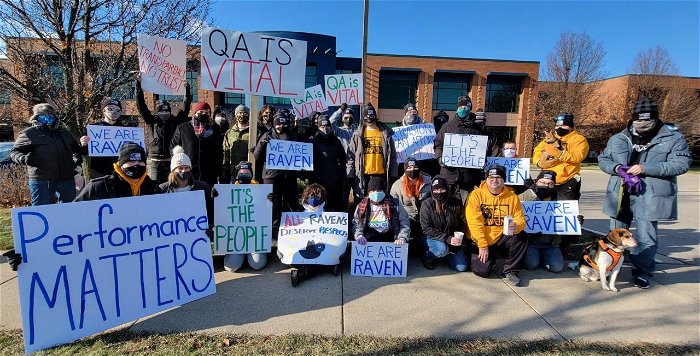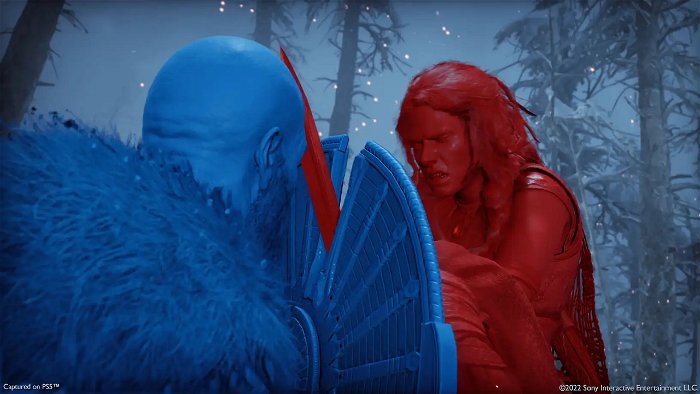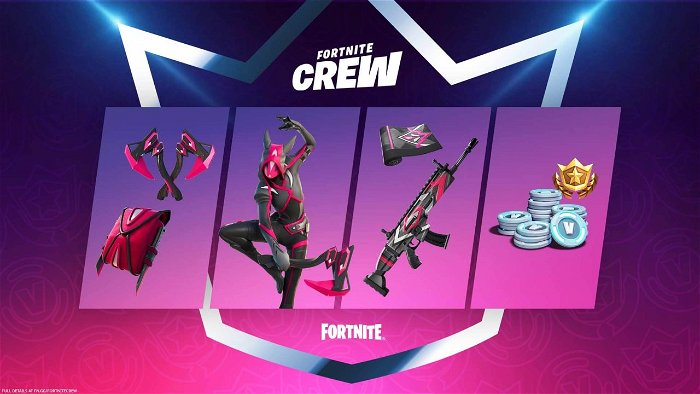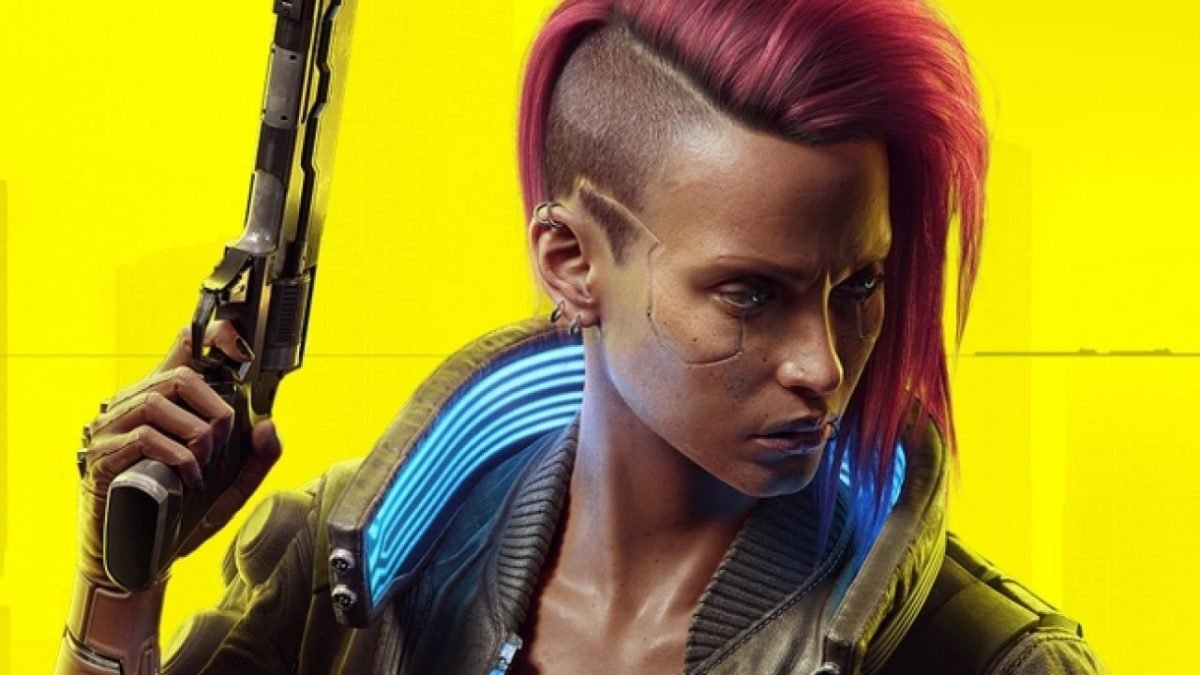In recent years, there have been countless headlines about negative circumstances in the game industry, from tyrannical work conditions at studios to practices that prey upon the consumer. But, as bleak as things may sometimes seem, we’re starting to see some signs of better times on the horizon.
Writing about the game industry for this site, or discussing it on the Pixels & Ink podcast, I’ve felt like there’s been some new scandal or controversy almost every week—another discouraging report of discrimination, exploitation, or even outright abuse. It’s easy to get bogged down in that negativity. However, with the news of 28 quality assurance employees at Raven Software successfully voting to form the first union for game developers in North America, and even former Nintendo America president Reggie Fils-Aime supporting unions, it seems prudent to draw attention to the shifting tides of the industry.
As in many other industries, it’s a tough time for this particular field, but things are getting better. Here are five signs of positive growth we’ve seen in the game industry:
Stepping Forward

As hard as it can be to hear about the problems running rampant through the game industry right now, especially when it’s at a beloved studio or the team behind a favourite game, it’s a positive sign at the end of the day. The rest of us, as consumers and citizens, cannot begin to affect change from the outside if we don’t know what’s going on. Offending parties and companies cannot face the reckoning for their actions if they’re able to keep their transgressions swept under a rug.
It hurts to learn of a disease running rampant through an industry you care about (or at least, it should); but that’s all the more reason to do what you can to help out. Honour the chances that the affected individuals are taking in stepping forward, and lend them your hand.
Increasing Accessibility

People of every imaginable walk of life play games in some capacity. A 2020 study by the Entertainment Software Association of Canada (EASC) found that 61% of Canadian adults report playing video games in some capacity on a somewhat regular basis—a figure that only inflated by 2% during the height of pandemic lockdowns. Across this huge segment of our population, you’ll find gamers’ needs are not universal, especially when it comes to certain physical barriers.
Given this, it’s encouraging to see the game industry step up and provide an increasing number of accessibility options to many games. God of War Ragnarök recently revealed a whopping suite of over 60 such options, from customizing subtitles and the size of on-screen prompts, to controller remapping, to high-contrast modes and audio cues to assist visually-challenged players.
Furthermore, more studios across the game industry are consulting with actual players with disabilities and organizations like AbleGamers to ensure their depictions of are authentic and respectful.
Support for Unions
Play-testing and quality assurance are often seen as sweet gigs in the game industry, but in reality they can be some of the most gruelling—so it’s fitting that North America’s first union at a games studio should consist of quality assurance personnel. The Game Workers Alliance’s victory is a crucial first step toward improving working conditions across the industry and its various aspects. They’re setting a precedent for teams for all other roles across the industry, from coders to artists to narrative designers.
It’s also important to see important figures in the game industry standing by these movements. Reggie Fils-Aimé, former Nintendo of America president and COO, voiced his support for Raven Software’s employees, stating ”unionization is a good thing”—or at least, ”not a good or bad thing [but] a situation that as a leader, as an executive, you need to manage just like any other challenge, issue, or opportunity that you face.” In the same interview with the Washington Post, Fils-Aimé pointed out unionization is growing more prevalent due to companies ignoring ”systemic issues.”
Phil Spencer, Microsoft Gaming CEO, has already said that Microsoft will honour the agreement once its acquisition of Activision Blizzard, Raven’s parent company, is complete. ”Once the deal closes, we would absolutely support [an] employees’ organization that’s in place,” Spencer claimed. “We think it is a right of employees and something that can be a part of a relationship between a company and people who work at the company.”
Likely, we’ll continue to see more union-busting measures taken over the coming months. But at least for now, there are some high-profile voices in the industry who are speaking openly about this shift instead of ignoring or condemning it.
Inclusion
Gradually, the game industry is seeing a changing of the guard. As the worst components of the workforce are being terminated for misconduct or otherwise pushed out, vacancies are created for new voices. At Activision Blizzard alone, this has led to many new female executives being hired, like Jessica Martinez, who brings her 14 years of experience at Disney to a new role as vice president of culture. LinkedIn has also been flush with posts from young new talents from all walks of life, sharing that they’ve been hired for a dream job in the game industry thanks to the recent sea change.
This week CD Projekt Red’s Culture, Diversity, and Inclusion Director Agneszka Szamalek-Michalska summed it up succinctly: ”Diversity is the strength of our team because it brings different perspectives, [and] we are doing our best to create a workplace where everyone feels safe to be themselves.” CD Projekt Red was named one of the most advanced companies in its native Poland in terms of “managing diversity and inclusion” (though its employees certainly could have benefitted from unionization during the hellish development of Cyberpunk 2077).
New voices help keep games fresh and interesting, which is especially important in an industry where cheap cash-ins are so often pushed out to market for a quick buck. We’ve already seen how indie games’ fresh perspectives and experiments have led to meaningful changes to the way bigger, triple-A games tell their stories, and the same effect can be had by expanding the scope of the teams behind those games. (Maybe we shouldn’t applaud sterile, soulless programs like “King’s Diversity Space Tool,” however.)
Declining Microtransactions

On the player side of things, one of the most rampant problems in the game industry over the last decade has been the overmonetization of in-game items. Things that used to be unlocked by regular gameplay have been parcelled off for sale with real-world money instead, and many triple-A games peddle their own unique currencies like V-bucks or Grand Theft Auto cash. Electronic Arts infamously blew this situation up with Star Wars Battlefront 2, where a loot box controversy nearly sank the entire game at launch and dealt a critical blow to the company’s reputation.
Monetization has, by no means, vanished in 2022’s games. However, in some ways it seems like the tides of battle are turning in the consumers’ favour. Gamers have voted with their wallets and spoken out against aggressive cash schemes, and studios are shifting accordingly. Square Enix has drastically adjusted the season pass structure for their Switch racer Chocobo GP, seeing audiences sour on the Final Fantasy spin-off as soon as the prize scheme was announced. Most studios across the game industry have shifted their season pass models to provide only purely optional cosmetics, or mitigated their costs by including those in-game currencies as rewards.

Fortnite sets a pretty good standard for fellow free-to-play titles in this regard: the Fortnite Crew package includes access to the current Battle Pass, as well as a unique skin and 1000 V-Bucks to monthly subscribers. The monetization is still there, of course, but the value is compounded in the consumer’s favour—that monthly program is entirely optional, and those who opt in receive a discount compared to the price of the Battle Pass and V-bucks alone.
Granted, the threat of NFTs being incorporated into various aspects of the game industry is certainly looming on the horizon, but for now, studio execs are beginning to see that they can’t get away with bleeding cash from consumers with a thousand cuts… not without making it worth the customer’s while, anyway. They’ve certainly learned from Battlefront 2 and kept the pay-to-win shenanigans at an arm’s length, at least.
If these trends continue into the long term, both developers and consumers should prosper. It will take support from every level—from consumers, to media, to developers, to studio heads and other executives—to build upon these glimmers of hope. But if working conditions can improve, developers stand to make better games; and if those games are drawing upon the needs and experiences of all gamers, all players can benefit from better experiences; and that can lead to a more successful game industry that doesn’t need to prey upon the common gamer’s wallet to be deemed worthwhile in a boardroom.




